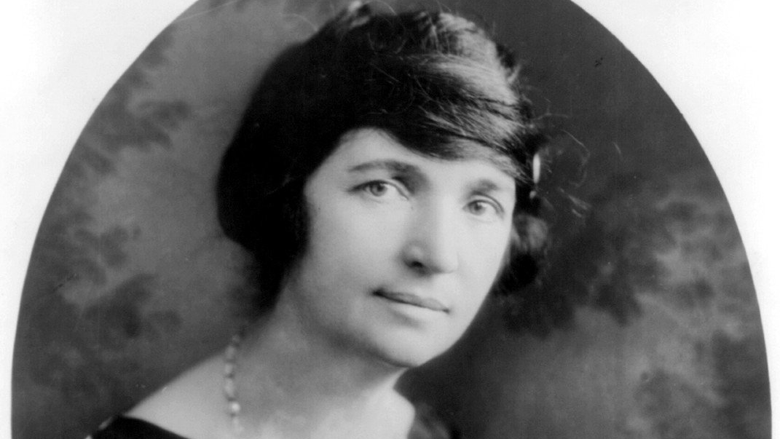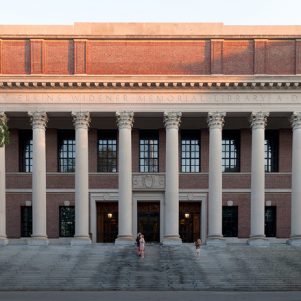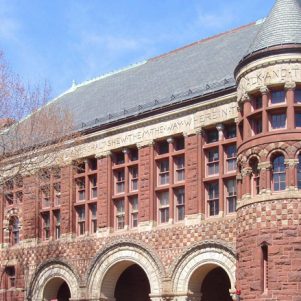Margaret Sanger: Phony icon
By Kevin and Marilyn Ryan | May 4, 2016, 6:23 EDT
 (Courtesy of Wikipedia)
(Courtesy of Wikipedia) Isn’t it amazing how many inconsistencies are filtered through modern minds? For example, how is it that many college students decry the racist, even capitalist, backgrounds of some of their campus benefactors? Yet they give wide birth to others who held similar racist views in their time.
Students want dorm names changed at Harvard, and President Calhoun’s name taken off buildings at Yale; Cecil Rhodes is no longer admired for providing scholarships to study abroad; an avalanche of complaints circulate at the University of Virginia where Jefferson left his favorite legacy. Students are outraged that their benefactors would by today’s standards be considered racists.
Yet Margaret Sanger, founder of Planned Parenthood, is studied on campus and celebrated as an icon. Hillary Clinton calls Sanger “one of her heroes.” In her quest to make history for the sisterhood, Clinton likes to say that doubters in the abortion debate are hostile to women’s “reproductive rights.”
Sanger held rather unsavory views about which human beings should be allowed to live, and which should not. In the 1930s, she wrote of eugenic sterilization as an urgent need. She urged targeted population control and fervently opposed the multiplication of, in her words, “bad stock.”
During her campaign to suppress one race in particular, she is quoted as saying “Eugenics is…the most adequate and thorough avenue for the solution of racial, political and social problems.” She said these things during the same period when Woodrow Wilson was alive. Today, Wilson is a target of complaints that he was racist. And yet, there is a square named for Sanger in Manhattan at the intersection of Mott and Bleecker Streets.
While Sanger today has many admirers, some today consider her views abhorrent. Former presidential candidate and pediatric neurosurgeon Ben Carson has noted that, in founding Planned Parenthood and locating clinics in black neighborhoods, Sanger directly and deliberately targeted African-Americans. As the understated Dr. Carson puts it, she was “no fan of black families.”
Sanger’s legacy is alive in Planned Parenthood and its many supporters and defenders. NPR, now in control of a good deal of America’s public discourse, has been offended by Carson’s remarks. Does he think black women are somehow less capable than other women of making a deeply personal decision about ending a pregnancy?
In the Big Apple, home to the largest black population of any U.S. urban area, today more black babies are aborted than born. According to New York’s Department of Health and Mental Hygiene, black babies make up 42 percent of all abortions in a city where blacks are just 25 percent of the population.
In Georgia, where there are twice as many whites as blacks, more than 53 percent of abortions are of black babies, and black women terminate their pregnancies at nearly 2.5 times the rate that white women do. The political left obsesses over racial disparities in bank loans, the quality of public schools and college admissions, but largely misses the discussion of abortion’s racial disparity.
Today, with $528 million in government funding given to Planned Parenthood each year, Margaret Sanger has won,
Planned Parenthood clinics performed 327,653 abortions in the year of latest records, 2013-14. They continue to do this with the hard-earned tax dollars from Catholics, Evangelicals, Mormons and other citizens who oppose abortion.
Some political figures, such as Nancy Pelosi and Joe Biden, who claim to be Catholics, defend both Planned Parenthood and the policy of supporting its work with all the people’s tax dollars. And, completing the cycle, Planned Parenthood’s supporters make large donations to these politicians.
Some Planned Parenthood defenders try to acknowledge the past and move on. Susan Reverby, a health care historian and professor at Wellesley College, said Sanger was enamored by and supported some eugenicist’s ideas. But, Reverby demurred, Sanger’s primary concern was that people should only have the children they want.
But what happens when people abort their babies or only have the babies that are convenient? Should our children be taught that they should have only what they want? In Margaret Sanger’s America, that is precisely the lesson they have learned.

Kevin and Marilyn Ryan
Kevin and Marilyn Ryan are writers, former teachers, and the editors of Why I’m Still A Catholic. They write primarily on cultural, educational and religious topics. Read their past columns here.











